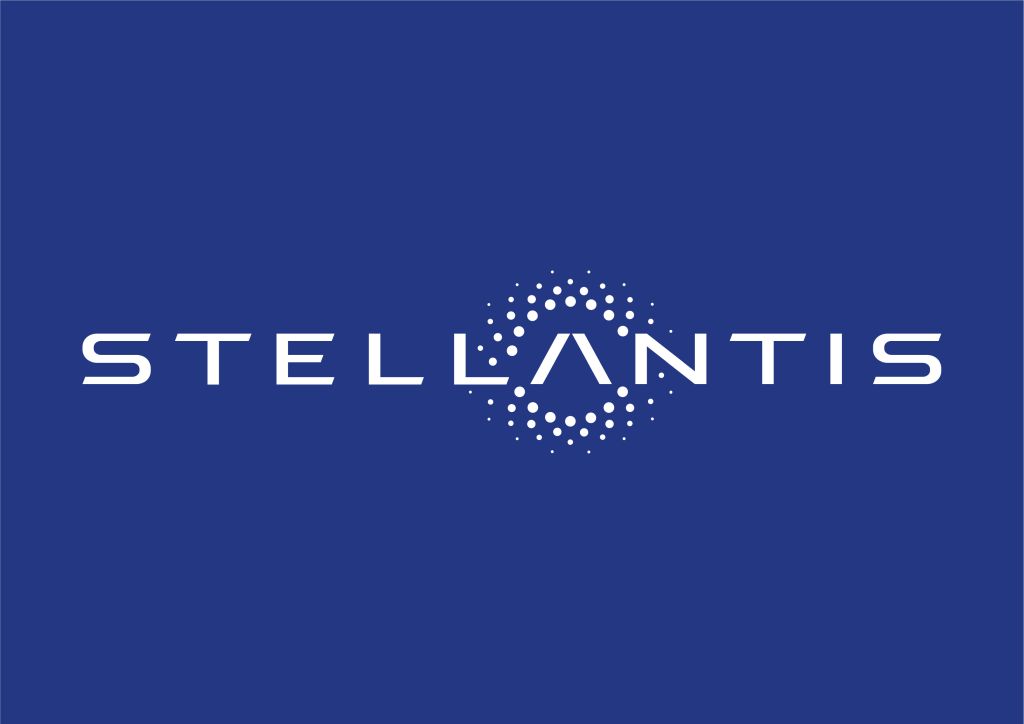
On Thursday, Stellantis announced a significant investment of 1.5 billion euros ($1.58 billion) in the Chinese electric vehicle startup, Leapmotor. This move comes as established automakers seek to gain a foothold in China’s fiercely competitive electric vehicle market.
The two companies are forming the Leapmotor International joint venture, with the goal of increasing the global sales of Leapmotor’s electric vehicles. Stellantis will hold a majority 51% stake in this joint venture.
Stellantis, the owner of brands like Chrysler and Maserati, disclosed that this investment would grant them an approximately 20% equity share in Leapmotor and two seats on the company’s board.
China, being the world’s largest electric vehicle market, is currently dominated by domestic giants like BYD and American automaker Tesla. Moreover, competition is intensifying with the emergence of local startups such as Nio, Xpeng, and Li Auto, as well as tech companies like Xiaomi and Huawei entering the fray.
Traditional automakers have been perceived as slow to adapt to electric vehicle manufacturing, which has impeded their potential growth in the Chinese market. Stellantis, in particular, has struggled to sell cars in China, holding only a 0.3% market share in the country according to official data from the company.
Abhik Mukherjee, an analyst at Counterpoint Research, noted, “This deal presents clear synergies for both Stellantis and Leap Motor. Stellantis stands to benefit by strengthening its presence in the Chinese market, while Leap Motor gains an easier entry into the European market.”
Stellantis hopes that this strategic partnership will boost its presence in the Chinese market, with a local partner leading the way. Stellantis CEO Carlos Tavares expressed his enthusiasm, stating, “Through this strategic investment, we can address a white space in our business model and benefit from Leapmotor’s competitiveness both in China and abroad.”
Leapmotor, like many other Chinese EV startups, has positioned itself as a technology-first brand. The company has developed its own semi-autonomous driving system and vehicle architecture. Leapmotor, headquartered in Hangzhou, is also expanding its manufacturing capacity.
Currently, Leapmotor offers three car models for sale and plans to introduce a variety of vehicle styles in the coming years.
For Stellantis, this deal presents an opportunity to access Leapmotor’s technology and manufacturing capabilities, which can aid the European firm in boosting sales in China.
This collaboration could help Leapmotor achieve its ambition of becoming a global player in the electric vehicle market. The company recently attended the IAA motor show in Munich, where it unveiled the C10 sports utility vehicle. Over the next two years, Leapmotor plans to launch five “globally-oriented” products worldwide.
The joint venture with Stellantis gives Leapmotor exclusive rights for exporting, selling, and manufacturing its products outside Greater China. Car shipments from this joint venture are expected to commence in the second half of 2024.
It’s worth noting that Chinese auto companies often face challenges in Europe related to building consumer trust and establishing dealership networks. This partnership might provide Leapmotor with the opportunity to expand through Stellantis’ network, potentially enabling sales under the Stellantis brand.
However, it’s essential to acknowledge that past collaborations between traditional automakers and Chinese firms haven’t always proceeded smoothly, casting some uncertainty on Stellantis’ significant investment.
Bill Russo, CEO of investment advisory firm Automobility, cautioned, “Foreign carmakers have woken to the realization that China is leading the race to an electric future. While deals may be struck to regain access to critical technology, such partnerships — especially minority shareholdings like this — have a poor track record for success in the auto industry.” He cited a previous joint venture between Stellantis and Guangzhou Automobile Company as an example, which filed for bankruptcy.
Stellantis’ substantial investment in Leapmotor underscores the growing pressure that traditional automakers face from agile Chinese competitors as electric vehicle sales continue to surge. This follows Volkswagen’s $700 million investment in China’s Xpeng in July.
Chinese companies, including BYD backed by Warren Buffett, are aggressively expanding into Europe, challenging established giants like Mercedes and BMW on their home turf. This has raised concerns among European automakers and politicians.
The European Commission has even initiated an investigation into subsidies provided to electric vehicle manufacturers in China. Stellantis CEO Tavares, who has previously criticized low-cost Chinese cars entering Europe, now believes that the partnership with Leapmotor can help automakers benefit from the expansion of Chinese companies rather than being negatively impacted by it.
Tavares emphasized that Stellantis is not a “Trojan horse” for Leapmotor’s entry into Europe and expressed his criticism of the EU’s probe, stating, “We like competition. To start a probe is not the best way to tackle those questions.”
